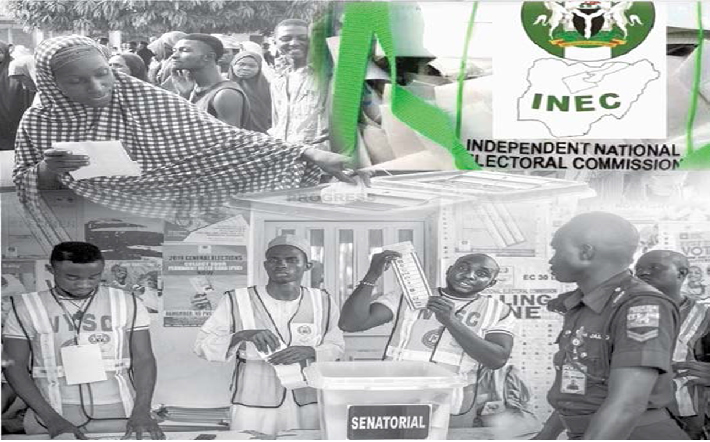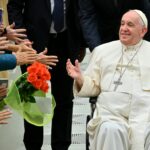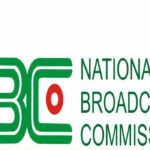
Among others, the network advised INEC to ensure the use trained adhoc staff to handle BVAS, unlike in the Presidential and National Assembly elections, where an untrained adhoc staff was detailed to handle Bimodal Voters Accreditation Systems.
While advancing the way forward after the first phase of the ongoing elections, Waiya said,
“INEC should fix the challenges now so as to restore the confidence of Nigerians in the electoral umpire.”
“Regarding the upcoming governorship and state Assembly elections, we are of the opinion that this is a golden opportunity for INEC to address the challenges, which include; inadequate utilisation of BVAS, as pledged by INEC, as a one clear measure that could help to curtail elections malpractice.”
“Ensure early deployment of elections materials to all polling units to allow all Nigerians to participate in the electoral process, Ensure the provision of facilities to assist Persons, with Special Disabilities, as contained in the INEC guidelines, so as to minimise gross violations of the rights of persons, with Special Disabilities, as witnessed in the last elections.”
He also urged INEC to address the sabotage of some INEC officials, who connived to shortchange the trained adhoc staff, a day to the elections, and replaced them with people who could not operate the BVAS.
Earlier, the group noted that INEC raised so much credibility question on its name and created doubts in the minds of Nigerians regarding the Commission’s preparedness to conduct free, fair, credible and acceptable elections in Nigeria.
Also, Waiya noted that the presidential elections were highly polarised along religious and ethnic grounds, adding that the timely distribution of electoral materials, especially to LGAs offices, was really commendable.
According to Waiya, there were many assurances from the Independent National Electoral Commission before the conduct of the elections, on its preparedness to conduct free, fair, credible, and transparent elections.
“Unfortunately, what was witnessed during the conduct of the presidential elections on the 25th of February fell below the high expectation of Nigerians, who had high hopes, more than before, to witness a historic election in the country. This could be evidently justified by the number of Nigerians, who registered as voters, numbering to more than 85 million, all as eligible voters, who could participate in the elections.”
But Waiya observed that it was unfortunate that, the number of Nigerians, who participated in the last elections of February 25 were apparently not happy, with the outcome of the elections, especially as the elections were massively characterised by numerous irregularities, adding that although some of the shortcomings that marred the conduct of the elections, could be summarised into pre, during and post elections.
The chairman pointed out that the undemocratic tendencies played out during the pre-election phase, which bordered on lack of internal democracy in the political parties’ processes that produced the candidates of major parties, had an over-spreading effect on the conduct of the general election.
He noted, for instance, that the commercialization of the party elections that produced candidates at the primaries had institutionalised vote-buying, which eventually translated and resurfaced in the general election.









